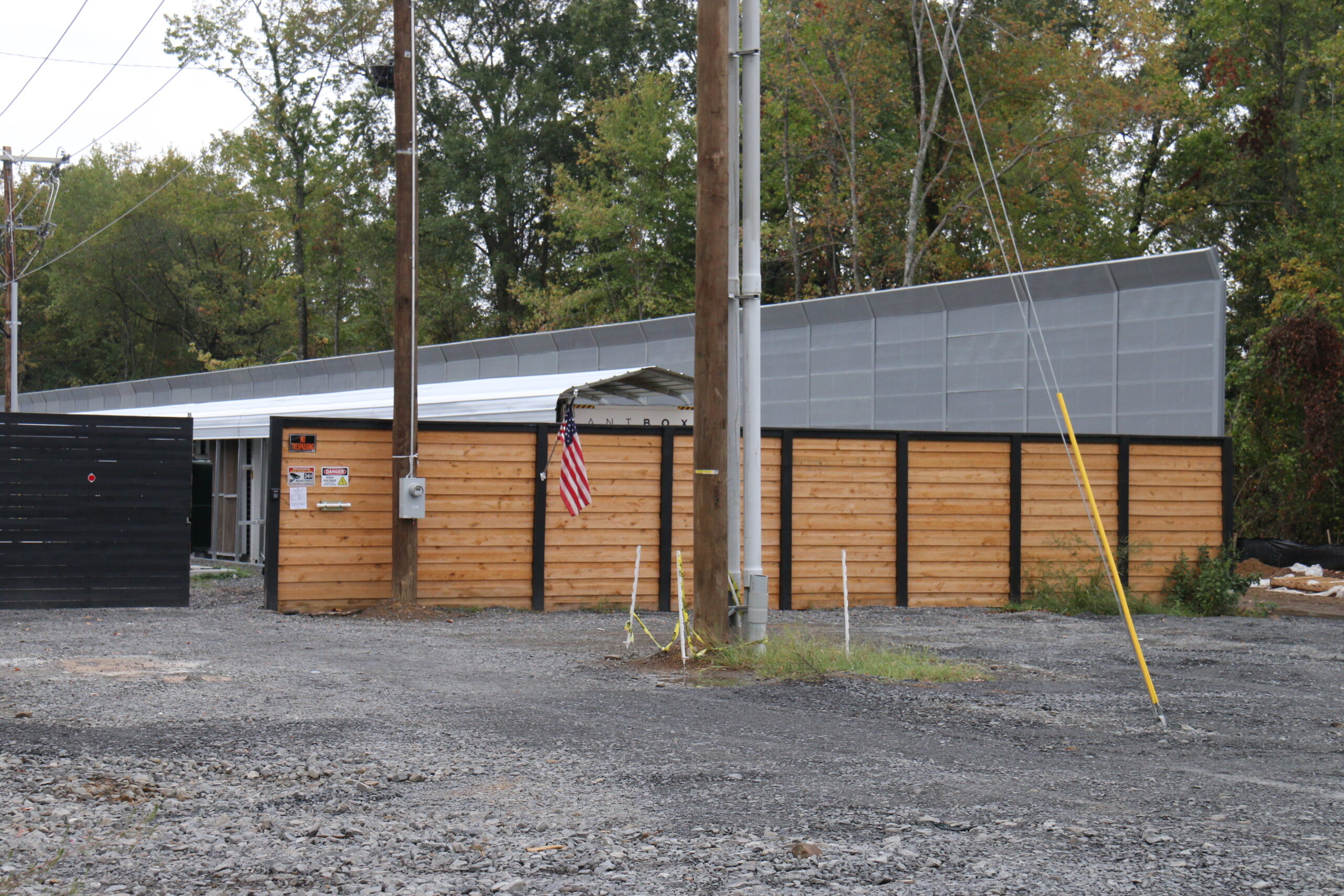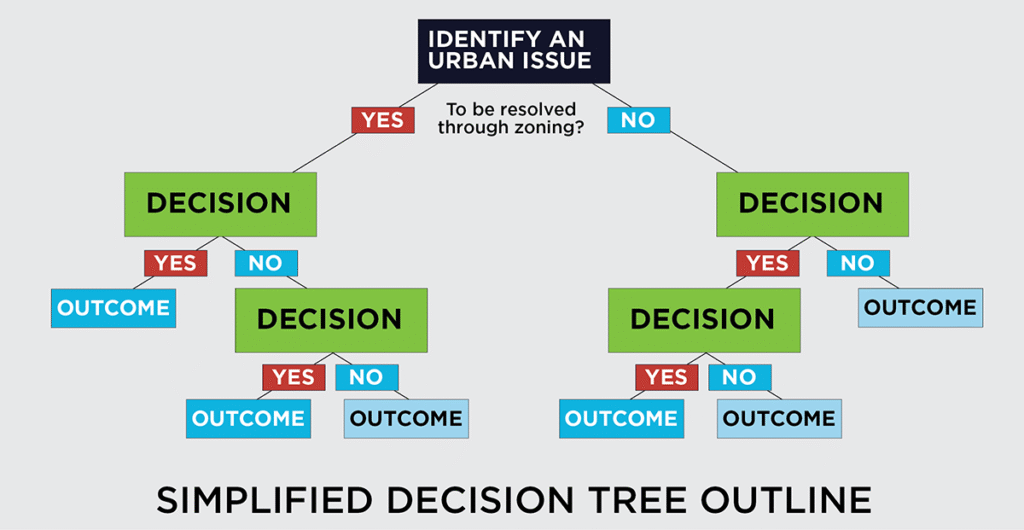This story is featured on the October 2023 episode of the City & Town podcast.
In the complex global financial system, cryptocurrency may be a niche market, but its effects reach far beyond those who participate in accruing and trading the encrypted digital currency. Just ask residents and elected officials in places like the small city of Wooster in Faulkner County. It’s one of many communities in Arkansas where crypto mining operations have cropped up over the past two years. Entrepreneurs set up the operations, which are typically buildings filled with banks of computer servers, to “mine” for digital currency. The operations are noisy, often emitting a near-constant high-pitched drone, and they consume massive amounts of electricity. With Act 851 of 2023, the state legislature limited how cities can respond to crypto mining operations, but the state’s approach to crypto mining is far from settled. The legislature is expected to revisit the issue in the next session. With all that said, many of us may be asking, “What the heck is crypto? Why is it ‘mined?’ Why Arkansas?” The League’s Mark Potter offers an overview of the digital currency and why entrepreneurs are looking to set up shop in The Natural State.
The U.S. dollar was originally on the gold standard. That meant you could exchange a paper dollar for a gold dollar. However, this limited the amount of money in the economy because every dollar had to be backed by the same value of gold bullion. During the Great Depression the United States first moved away from the gold standard and then permanently in 1968. Now paper money was worth whatever the free market agreed that it was worth. Because of this, more money could flow through the system and the economy could grow with the population and industrialization.
With today’s digital banking there is even more money in circulation. You might get paid your salary via direct deposit and spend it on housing, transportation, groceries and more without ever exchanging a single paper dollar. According to the Federal Reserve, almost 89.8% of the money in the United States is not in the form of cash1 https://www.independent.com/2011/09/25/How-Much-Money-Is-There-United-States.
A currency without a country
A cryptocurrency is a non-government aligned digital currency that is designed to be used over the internet. Bitcoin2https://en.wikipedia.org/wiki/Bitcoin, which was invented in 2008 and launched in 2009, was the first cryptocurrency and remains the most well known. Competitors like Ethereum, Coinbase and Dogecoin have since entered the fray with varying levels of success in the cryptocurrency markets.
One-way encryption
Unlike their analog counterparts, any digital file can be easily and precisely duplicated. If office photo copiers could make perfect duplicates of paper money, the dollar would soon be worthless. This is known in the trade as the double-spending problem. In order to prevent the duplication of its new digital currency, Bitcoin needed a way to track each bitcoin’s ownership record that was secure and verifiable. The solution was a shared encrypted audit that is called a blockchain, which is a globally distributed ledger formed by linking together individual blocks of transaction data through a very large one-way encryption hash number.
What is one-way encryption? Consider a credit card. The information on the front of your credit card is used to calculate the three-digit security code on the back of your credit card. An online retailer’s computer can tell if you put in your credit card number and expiration date correctly by using that same calculation. The reverse is not true, however. The computer cannot take the three-digit number on the back of your card and reverse calculate the information that is on the front of your card. That is a simple one-way encryption. The blockchain’s large 64-digit hash number works in much the same way but is more secure and takes a substantial amount of computing power to calculate.
Blockchain mining
Calculating that very large hash number with computer nodes is called mining. Blockchain mining is a metaphor for the computational work that computers in the network undertake in hopes of earning new bitcoins. Miners are paid for their work as auditors, verifying the legitimacy of bitcoin transactions. This convention is meant to keep users honest and was conceived by Bitcoin’s founder, Satoshi Nakamoto3Satoshi Nakamoto is the pseudonym for the person who penned the original bitcoin white paper and is the identity credited with inventing bitcoin itself.. By verifying transactions, miners are helping prevent the double-spending problem in the digital realm.
A lottery where speed equals luck
The miners keeping the audit are rewarded with a chance to win bitcoins. Simply put, a new hash number is created from the last hash and all new transactions. The miner who can guess the new hash number first wins the next batch of bitcoins. And it’s a valuable prize. On the day of this writing it would be valued at $250,428.13.
A miner may guess as many times as they like, in a race with all the other miners and their computers. Whoever has the most and fastest computers working to calculate the hash number has the best chance of winning. This has created a digital arms race of increasingly powerful (and power consuming) specialized computer node farms built to crack the next hash first.
Gone are the days when a hobbyist could mine bitcoin in their basement with a good computer. Bitcoin mining now resembles running a large data center. Crypto mining companies purchase the facility, hardware and electricity required to keep banks of computer servers running. The servers can generate an immense amount of heat and must be cooled. Those cooling systems, whether air- or water-cooled, also require large amounts of electricity, and they can generate unneighborly amounts of noise4https://www.ualrpublicradio.org/local-regional-news/2023-06-29/rural-arkansas-crypto-mines-prompt-noise-complaints-from-residents.
Why Arkansas?
Because of the power-intensive process of crypto mining, China abolished it in 2021. That resulted in several miners shifting operations to other countries, including the United States. Arkansas, with its affordable land and electricity, has become an enticing landing place.
Cryptocurrency is also a volatile market. Over the previous decade, the cryptocurrency market has experienced several speculative bubbles, where assets are inflated in value by hopeful investors. Some economists have expressed the view that the entire cryptocurrency market constitutes a speculative bubble. In its brief history, bitcoin’s valuation has at times dropped double-digit percentages and even 80% in 20185https://w.wiki/8×23.
Arkansas’ low electricity rates have already lured several major mining operations. To attract more, Entergy, the state’s largest power company, has sweetened the deal by offering crypto miners about a 90% discount on the base kilowatt-per-hour rate6https://decrypt.co/116950/arkansas-electric-utility-offer-energy-sweetener-battered-crypto-miners.
Crypto mining by its very nature requires increasingly more power and more powerful computers turning electricity into heat and noise. Arkansas’ cheap land and power are likely to continue to draw crypto miners to the state looking for a hedge on their investment.
- 1
- 2
- 3Satoshi Nakamoto is the pseudonym for the person who penned the original bitcoin white paper and is the identity credited with inventing bitcoin itself.
- 4
- 5
- 6










